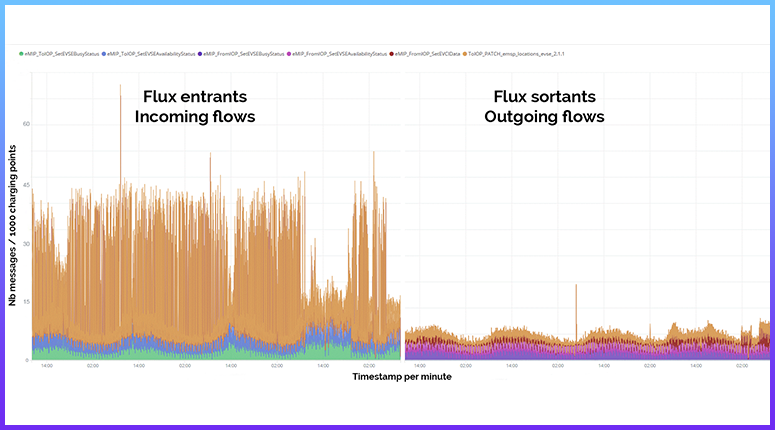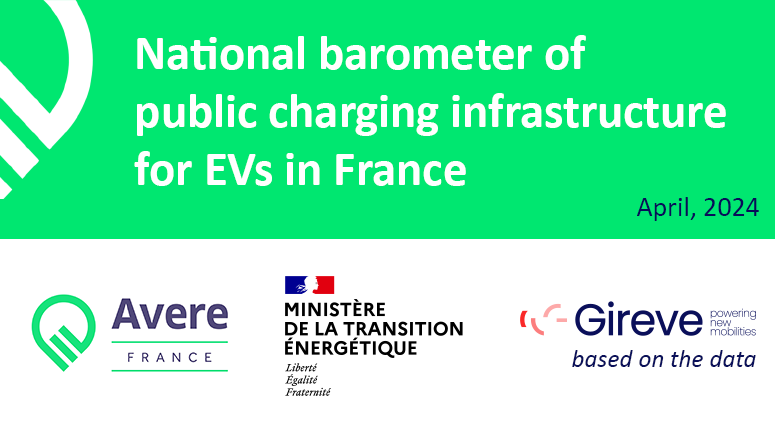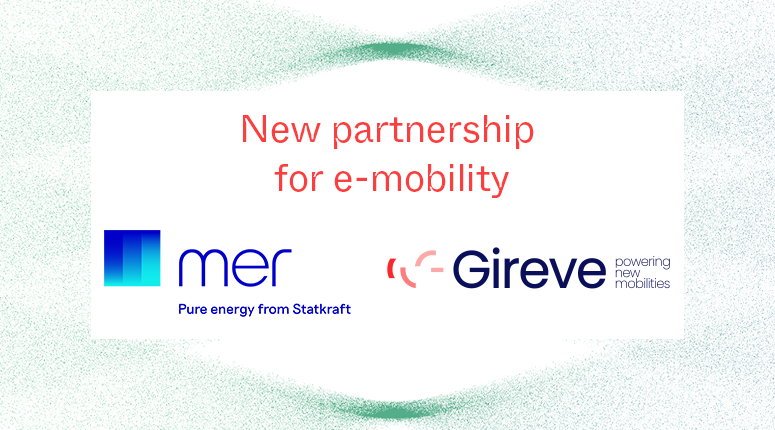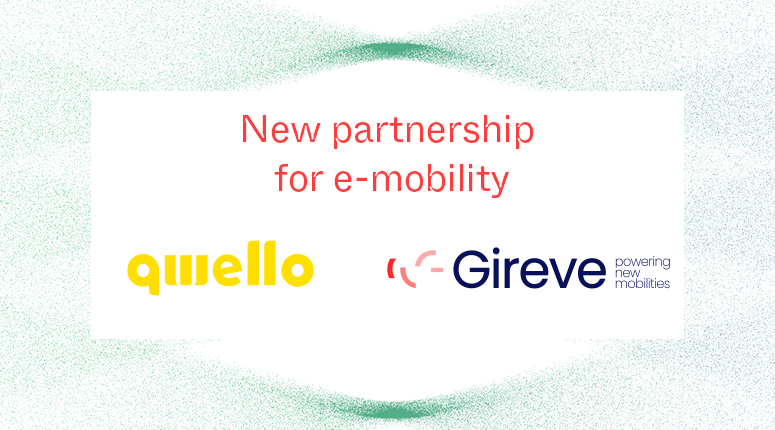At the beginning of October, GIREVE reinforced its tools to control data coherence sent by its partners.
Improving reliability of operators’ exchanges
A range of services dedicated to improving the quality of operators’ data exchanges is already available. These processes follow the same goal: to make operations easier and more reliable.
This quality imperative applies to all data exchanges of GIREVE’s partner operators. It is an asset compared to peer-to-peer exchanges. In the best peer-to-peer scenario, these processes are implemented by each operator towards each of its partners. In the worst scenario, they are not implemented at all.
Surnumerary messages : a hassle for eMSP
In a roaming situation, an eMSP (e-Mobility Service Provider) fetches descriptive data of CPO’s (Charge Point Operators) infrastructures and shares them with EV drivers. Among these data, some are designed for a short-term use, like those about charging point availability.
On a European level, eMSPs can be in touch with hundreds of CPOs. They would thus receive notifications of status change (available or busy) in real time from thousands of charging points on hundreds of different interfaces.
The problem is that anomalies appear regularly. For instance, charging points can stutter and send multiple messages very quickly: “I’m available, I’m available, I’m available”. These “surnumerary” messages can amount to tens of messages per second for a single charging point and end up being classified as DoS (denial-of-service) attacks by the CPO’s partners.
If the eMSP does not implement filters, it must analyse the quality and the relevancy of every piece of information he receives from those floods of messages, picking only the useful ones and deleting surnumerary ones. The eMSP will thus need to size its IT infrastructure to be able to bear such peaks caused by uncontrolled floods, processing messages one by one to keep a small useful part of them.
With new features to control data streams, GIREVE filters surnumerary messages
One of the roles of GIREVE’s roaming platform is to spread messages of charging point status changes to eMSPs that need them. But the platform goes further, cleansing data streams to make them more relevant, more efficient.
A decisive step was taken in October 2019 with the implementation of a general “anti-duplication” filter enabling a real cleansing of data. Any duplicated message is filtered and deleted. The eMSP only receives relevant data. It is no longer attacked by thousands of surnumerary messages. This filter supresses 40% of data flow in nominal situation and up to 90% in crisis situation.
With this filter, GIREVE helps improve reliability of eMSP systems. eMSP face necessary solicitations only, so they can ensure the availability of their services more easily and size their IT resources accordingly. Quality is improved and costs are reduced for eMSP and thus for users.
Any data that operators exchange can benefit from a qualification process
It is clear now that the flood of messages which can be considered as cyber-attacks by datacenters often take root in dysfunctions and have to be considered as incidents. GIREVE manages these incidents with CPOs, avoiding eMSPs the hassle and added costs.
On the other hand, CPOs are not solicited by tens of eMSP but only by one. GIREVE also works to reduce incidents in those situations, for eMSPs as well as CPOs.
Going further: improving quality of all data flows between operators
After duplicates messages, GIREVE wishes to focus on “blinking messages”, which relate to when a charging point sends status change notifications that are too frequent to be relevant: “I’m available, I’m busy, I’m available, I’m busy”. This can happen with tens of messages per second for a single charging point.
GIREVE wants to filter “blinking messages”: if the platform receives messages that are too numerous and too close, the availability status will be put on hold until the flow becomes normal again.
But as Jean-Marc, GIREVE’s CTO, puts it: “data cleansing is not only about surnumerary messages and status changes. Any other data that operators exchange can benefit from a qualification process.” GIREVE makes this qualification of data for all its partners, and this is what makes a platform model a key asset compared to direct exchanges. This process is useful for infrastructure data but also for user ID, to check unicity and help eMSPs detect mistakes before invoicing the client.
On a larger scale, with hundreds of players interacting, dysfunctions can happen more often, and the impact of invalid data becomes critical. Therefore, the quality of data and the management of incidents are crucial. In a bilateral connection, the implementation of these types of services are costly and complex. GIREVE provides operators with key services, reducing costs and simplifying operations to the benefit of all e-mobility players.




